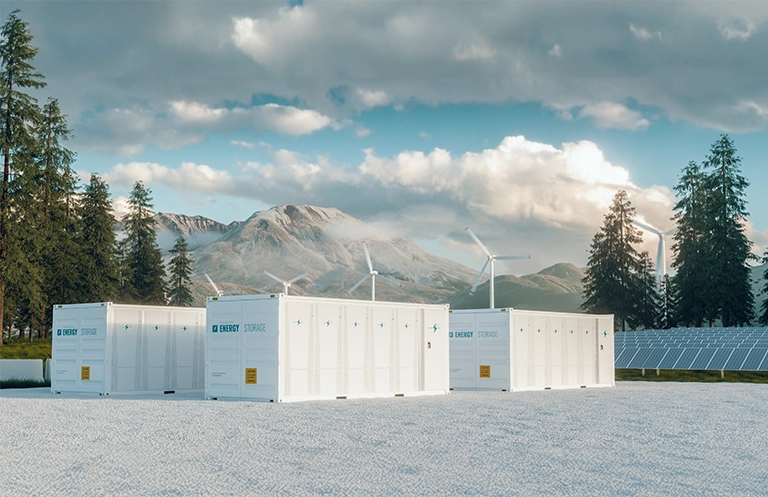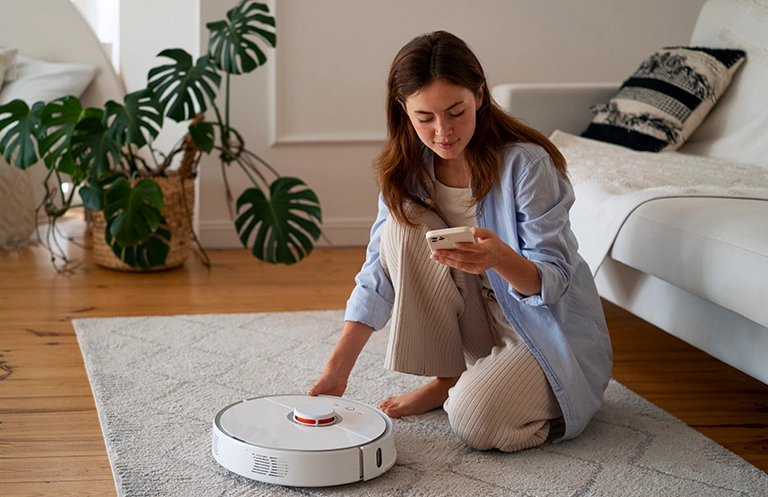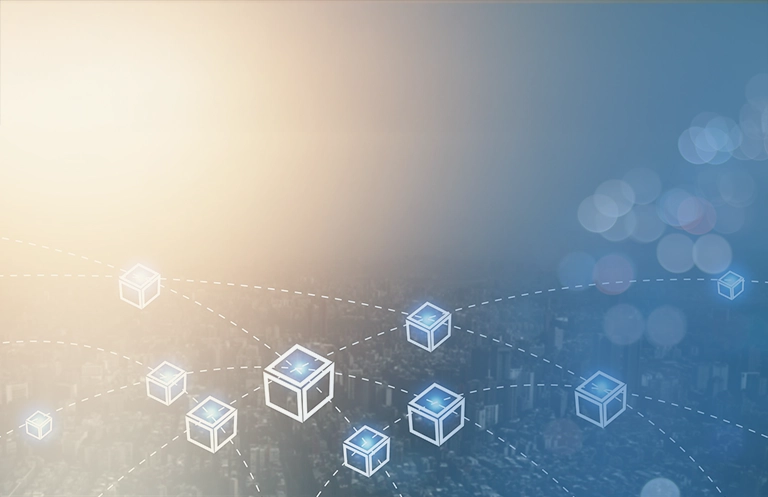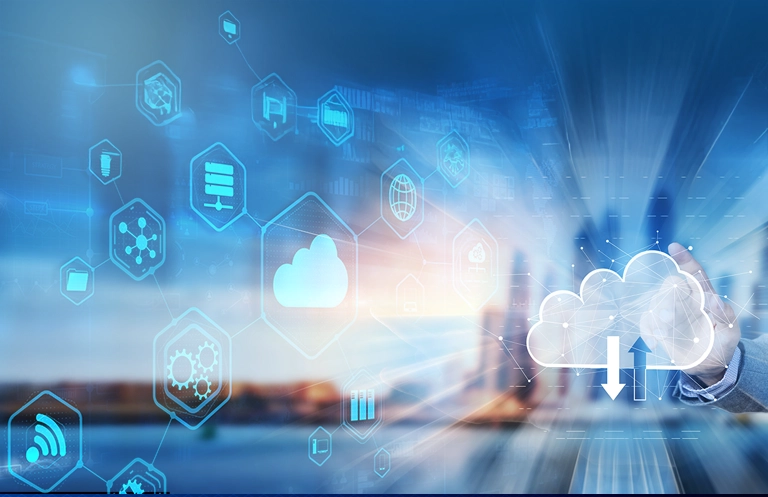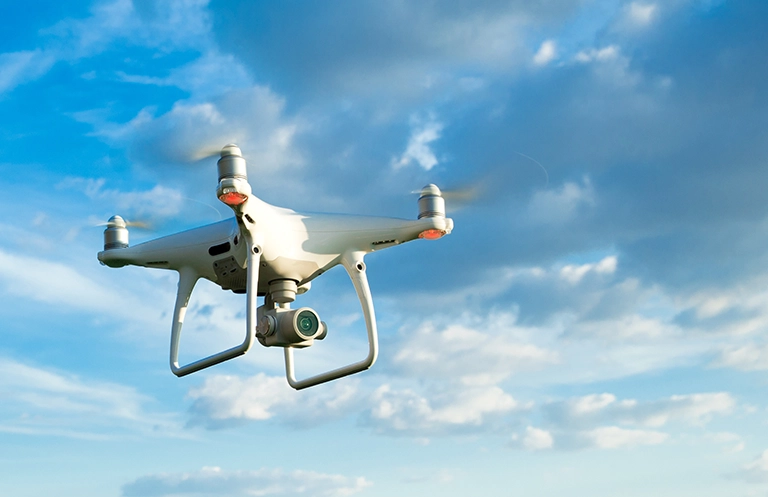Measuring energy consumption is the key to explore better opportunities for savings. Houses and buildings consume over 50% of the electricity produced. The challenge is to monitor energy usage in real-time for more energy conservation & efficient management of electrical power coming from distributed and volatile sources. Monitoring allows calculating the cost of running specific appliances and electronics in real time. The peak demand for electricity will increase by 30% y-o-y due to usage high energy appliances like Air conditioners (AC) which will account for 1/6th of total energy consuming appliances by 2020. Thus, monitoring peak demand will be the key to find achieve energy efficiency and optimize the cost of electricity.
Smart Meter to Monitor Peak Demand
In current scenario, Electricity cost depends on usage patterns at different times of the day – Off-peak, Mid-peak, On-peak hours etc. Smart Meter can monitor and record energy consumed during these time segments. It works by communicating directly with the energy supplier and monitoring energy in real time & communicating to control system. This enables accurate and up-to-date insights on usage trends with information captured and transmitted from connected devices in the field.
During off-peak hours, electricity demand is low and cost effective sources of electricity are used by electric companies. Conversely, during the On-peak hours, electricity demand is high and various costly sources of electricity are used to meet the excess demand. This demand also varies based on climatic changes and seasons. For example, in winter, on-peak demand appears twice in a day – morning when water heaters are used & evening when people return to home from work. While in summer, on-peak demand appears in the afternoon when air conditioners are used the most.
The heart of a smart meter is the software / firmware working on Real Time Operating System (RTOS) for data logging and event logging. This software enables measurement of current, voltage, and energy usage & data analysis in real time. Must-have features in such software include Firmware upgrades, RTOS for data logging and event logging, Support for BACnet Server, TCP/IP Enhancement, Water and Gas monitoring support, Meter view display enhancement, Configuration to group multiple meter, Monitor / control single meter as well as group, Dashboards for group and single meter, Real time data monitoring, etc.
In addition, smart meter has support for Building Automation and Control Networks (BACnet) protocol thereby connecting it with Building automation control system. BACnet is a network protocol for building automation enabling integration of building control products such as heating, ventilating, and air-conditioning control, lighting control, access control, and fire detection systems for seamless information exchange.
Integrating Smart Meter on Cloud for Peak Demand Responsiveness
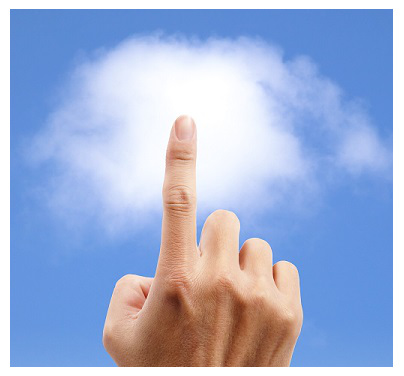 Cloud computing has the potential to revolutionise the smart grid IT infrastructure. Smart meter on cloud can enable analytics capability of remote data collection and analysis, advanced metering infrastructure (AMI), remote diagnosis, equipment load management, outage analysis, off peak / on peak load monitoring. To enable the same, smart meter software needs to be defined and developed for cloud based architecture. Once smart meter is cloud enabled, then features & technicalities mentioned as below are possible
Cloud computing has the potential to revolutionise the smart grid IT infrastructure. Smart meter on cloud can enable analytics capability of remote data collection and analysis, advanced metering infrastructure (AMI), remote diagnosis, equipment load management, outage analysis, off peak / on peak load monitoring. To enable the same, smart meter software needs to be defined and developed for cloud based architecture. Once smart meter is cloud enabled, then features & technicalities mentioned as below are possible
- Login with user ID and password
- View one of the dashboard
- Today’s Graph
- Day to day comparison
- Week to week comparison
- Support following data points
- PC app to support browsers: IE and Chrome
- Mobile application for Android
Technical Details
- HTTP Client implementation
- PaaS (Linux machine) can be used as a service from Google/Amazon/Microsoft provided cloud services
- A lightweight web server like Apache can be used
- MySQL can be used for database management on cloud
- Webpages for the dashboard generation can be deployed on cloud
Smart Meters enabling Smarter Cities
Smart city is the only way of sustainable living & smart meters are the key components to enable smart cities.
Benefits of smart meters are
- Cost of electricity will be consistently lower than those cities without smart meters
- The quality of air with reduced greenhouse gas emissions will be better
- The smart city residents are satisfied by knowing that these advantages are received with minimum impact on the earth.
- The smart city residents will have reliable power supply.
- Electricity prices will not be subjected to market volatility.
The utility companies will also benefit from smart cities through greater understanding of customer & energy requirements and reduced carbon taxes.

